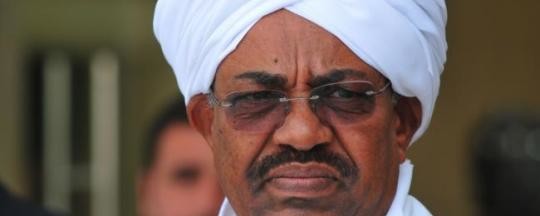A number of prominent lawyers and opposition parties in Sudan have questioned the new presidential decree on political activities, saying that it unlawfully restricts parties from meeting without prior approval by the state.
President Omer Al-Bashir issued a decree on Monday requiring the parties to obtain permission to conduct activities in public, but allowing them to hold public meetings, rallies and seminars within their premises or headquarters without prior approval.
Faroug Abu Eisa, chairman of the National Consensus Forces (NCF), a coalition of parties including the Umma Party, Popular Congress Party and the Democratic Unionist Party, said in an interview with Radio Dabanga on Tuesday, “The president has no such right to issue decrees on other parties.”
He argued that Omar Al Bashir is not just the president of the country but also the head of a political party, which means he can use his governmental powers unfairly in favor of his own party.
“We have formed a legal committee to study the decree. We will discuss how to influence this decision and start a public debate on it,” he said.
The senior lawyer Nabil Adib Abdala speaking to Radio Dabanga said that president Al Bashir has no right to order restrictions on political parties.
“In the decree the president refers to Article 58 section 1 of the Constitution. But that does not give him the power to regulate political parties, since it touches the freedoms of people. These freedoms are already stipulated in the constitution and are subject to law and not to a presidential decree,” the lawyer said.
According to Adib Abdala, the president could have made an internal order to the national security to stay away from any interference with the political parties. But instead he issued a public decree using “vague terms that can be easily interpreted as allowing to restrict the parties and the media,” said the lawyer.
“What does it mean that you are not allowed to cause unrest? This can be used to stop any demonstration.”
He contended, “President Al Bashir should have told the security and police clearly that everyone is allowed to have demonstrations as long as they do not engage in any violent act against others.”
The implementation of the new decree is delegated to the security organs of the state, including the state governor, and the police.
Opposition parties said they were surprised by the decree because it came after President Omar Al Bashir launched his national political dialogue initiative, which he said would be accompanied by a relaxation of restrictions on press freedom and political activities.
File photo: President of Sudan Omar Al Bashir




